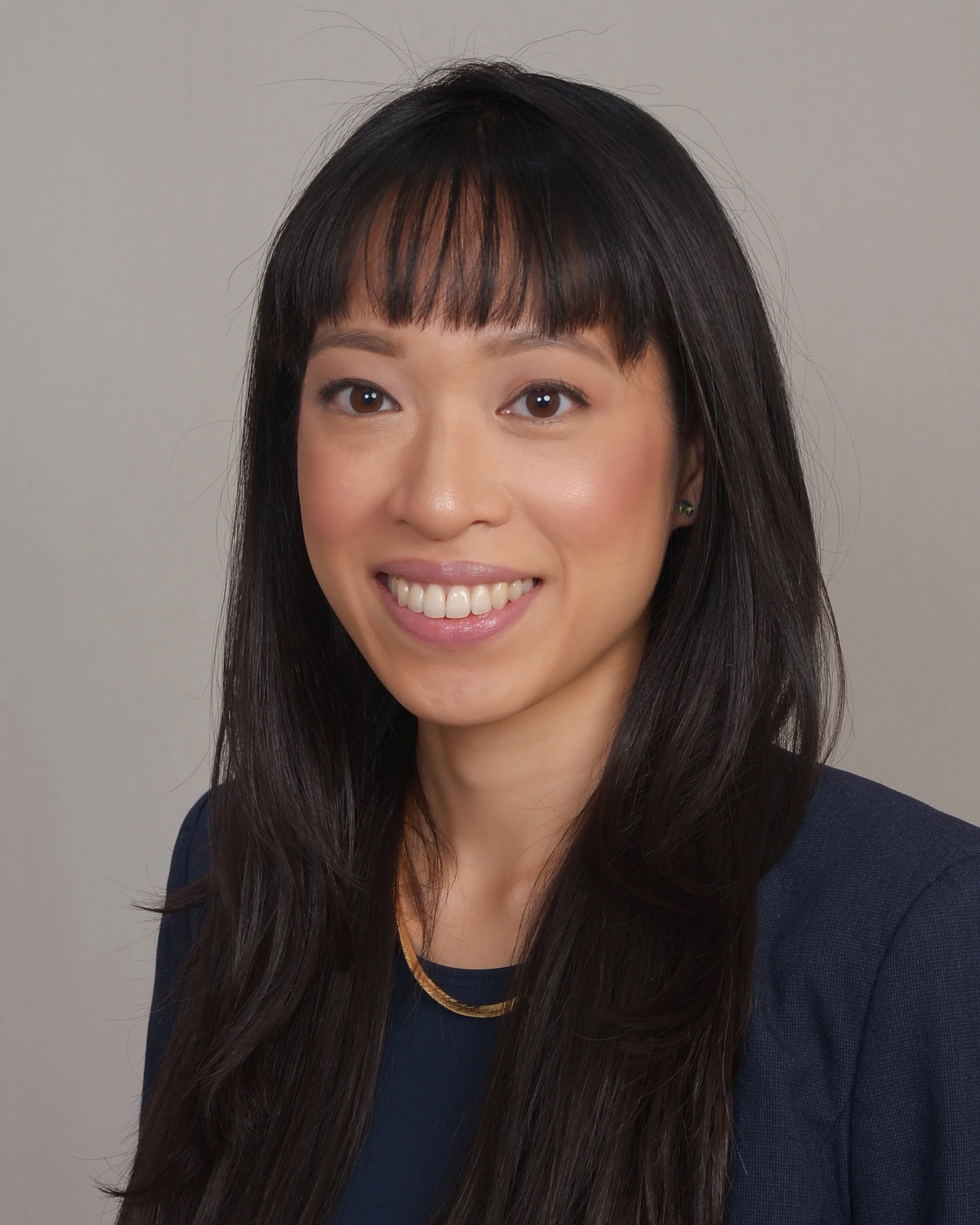Attorney Maria T. Greene (Fujiye)
Professional Bio
Maria Greene (formerly Maria Therese Fujiye) was raised in Belfair, Washington and is a graduate of Seattle University School of Law. While in law school, Greene (Fujiye) was a legal extern at the Allen Institute for Brain Science and also co-authored a book chapter on the potential utility of certification marks on public health through nutrition and organic labeling. Following graduation, she worked for two boutique law firms with practice areas in real estate and estate planning.
Before beginning a law career, Greene (Fujiye) worked in the Department of Psychiatry at the University of California, San Francisco. At UCSF, she helped adapt a specific protocol for a breast cancer population that involved teaching them a more mindful and values-based life. She was recognized for her involvement in this project when she was selected for the Early Investigator Award by the Society for Integrative Oncology in 2011.
Greene (Fujiye) opened up her private practice in her commitment to helping clients navigate their estate planning needs. She is a member of the WSBA Solo and Small Practice Section and the KCBA Real Property Probate and Trust Section.
My Story
My mom emigrated from the Philippines to settle in America and married my dad, a Japanese American. While growing up, I spent my life in two homes, one of which included sometimes living with my multigenerational Filipino family household. They taught me about the culture and traditions related to the family unit. I learned about how sometimes close family relationships such as an aunt or uncle can be as strong of a support system as what would generally be expected with the Western parent-child relationship. Additionally, my family taught me about how respecting the elderly is a strong cultural value. I have also learned that it is a common belief, especially among the elders, that “God will provide.”
I have witnessed how these dynamics can sometimes create incredible amounts of conflict in terms of medical and financial decision-making when a family member is no longer able to do so on their own. I have also witnessed how these cultural beliefs and factors can strongly impact how assets are expected to be distributed without estate planning documents in place as opposed to how they are actually distributed.
As the daughter of an immigrant mother with a large extended family, my direct experience with these complexities have fueled my dedication to supporting clients in processing how their story and circumstances may integrate into their estate planning needs. I, therefore, choose to take only a few cases at a time so that I can provide my full attention to your special situation.
